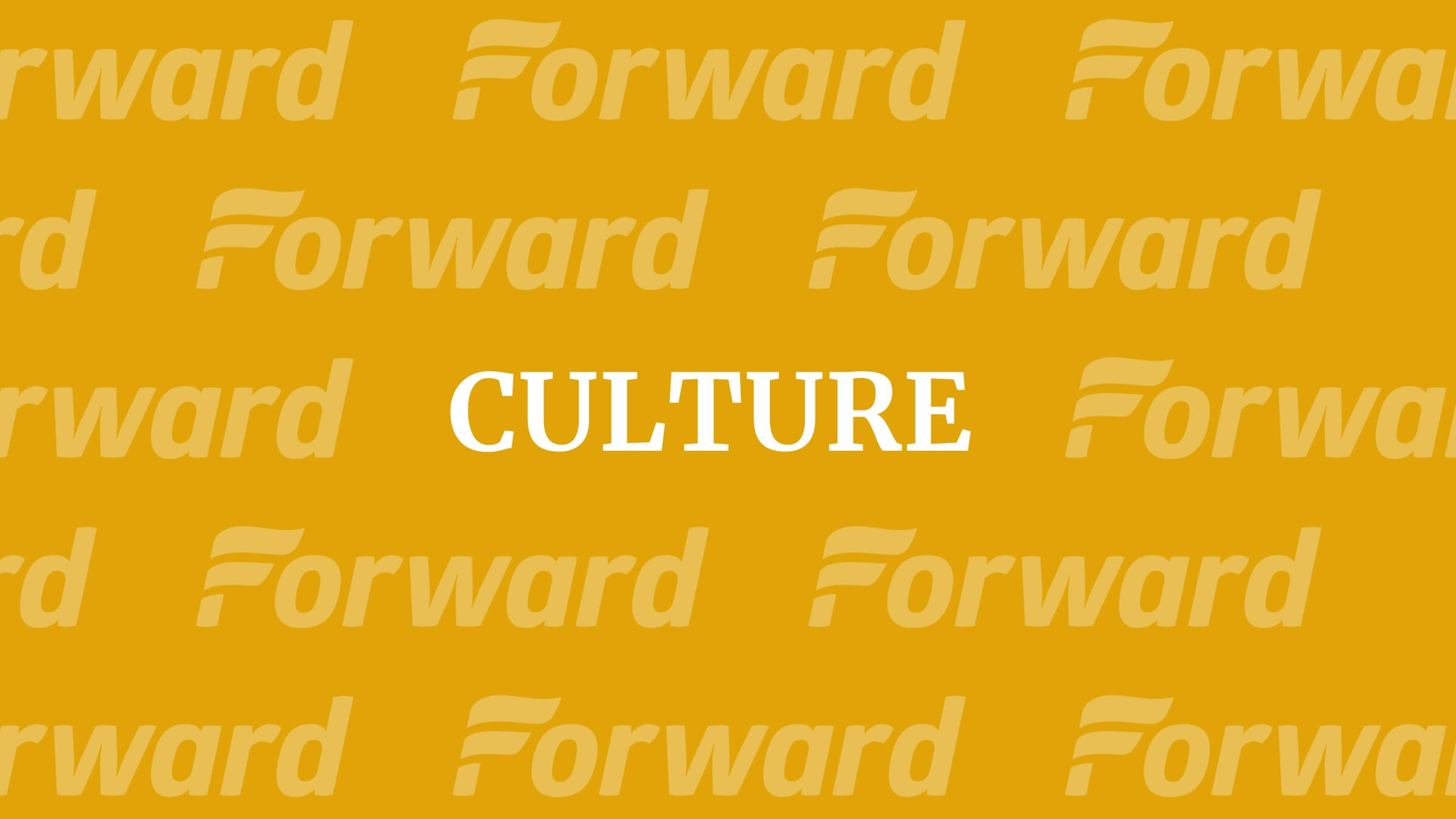Is ‘The Mandalorian’ the most Jewish sci-fi series ever?
The panel ‘Mandalorthodox’ delves into the religious and historical influences of the ‘Star Wars’ show

Graphic by Angelie Zaslavsky
Spoilers for all seasons of The Mandalorian lie ahead.
This season of The Mandalorian started with a journey to a space mikveh and ended with a rekindling of the temple menorah. OK, the show’s creators call the mikveh “the Living Waters” and the menorah “the Great Forge,” but they also insisted we call the series’ breakout star “The Child” instead of “Baby Yoda” — some fights are just losing battles.
For certain observers of the massively popular Star Wars show, a Jewish subtext was always lurking below the surface. The titular Mandalorian, Din Djarin, never removes his helmet. He is a strict adherent of a code called “The Way,” which is also a rough English translation of halakha or derekh. Din Djarin encounters other Mandalorians who do take off their headgear and differ with his clan’s orthodoxy, but also claim a common home of the planet Mandalore, where they hope to return many years after a genocidal imperial expulsion.
Jews have been sounding off on these clear echoes for years, but there haven’t been many forums breaking them all down — until now.
On Sunday, a YouTube panel discussion, Mandalorthodox: Jewish History and Modern Practice in The Mandalorian, went deep on the Outer Rim’s favorite space Jew, teasing out just some of the parallels baked into the Disney+ show.
It’s not just the headwear and the diversity of Mandalorian practice, or even the fact that there is a large diaspora of Mandalorians, members of an ancient creed, scattered like stars in the galaxy. Recent events on the series have presented Jewish themes of l’dor v’dor, ritual purity and atonement, and even the anticipation of the Messiah.
Michal Schick, a podcaster, TV writer and host of the panel had an epiphany at the mention of the “Living Waters” of Mandalore.
“The second they said ‘living waters,’ I was like, ‘Well, okay, now we’re just straight up using Jewish terminology,’” Schick said. Living waters is the English translation of mayim chaim, a concept built into immersion in the mikveh.
“There is a ritual purification process that Jews utilize for everything from the utensils and serveware we use to eat with, to people who are newly converted,” Jenn Levine, a producer and writer said in the panel. She also connected Din Djarin’s journey to the waters, after transgressing, to the atonement process of Yom Kippur.
“He still believed ‘I have the ability to be redeemed, I believe in my own ability to access this pure part of myself by going through this ritual that’s so important to my culture,’” Levine said. “And it’s very much the way we view it in Judaism as well.”
The fate and significance of Mandalore, believed by some to have been all but destroyed, also looms large this season, echoing events in Jewish history like the fall of the Second Temple and the Bar Kokhba Rebellion against the Romans. Bo-Katan Kryze, the onetime princess of the Mandalorians, may occupy the role of Simon bar Kokhba, a second century military leader some believed to be the Messiah. At the end of this season, Bo-Katan succeeds in regaining the home planet and relighting the Great Forge, a kind of rededication of the temple.
“The parallels are just so strong to different points in Jewish history,” said Forward columnist Alex Zeldin on the panel, noting how Bo-Katan’s followers and Din Djarin’s tribe reflect factions from antiquity, as well as more modern schisms in the Zionist movement, like the Haganah, Irgun and Stern Gang.
The panelists, who speculated Jewish involvement (perhaps that of series creator Jon Favreau’s) may be behind many of The Mandalorian’s more obvious metaphors, were careful not to assume Jews were the only religious minorities who may click with the material. (The Sikhs, who, like the Mandalorians, wear headgear and carry weapons as part of their faith come to mind.) But Akiva Weisinger, a Torah teacher in Memphis, argued that being Orthodox enriched his understanding of the show.
Weisinger said he was teaching Exodus when the show’s pilot dropped. The episode ends with Din Djarin finding Grogu (aka Baby Yoda) in a kind of basket. (All panelists agreed that Grogu, due to certain conditions of prophecy, is on track to be a Moses-type figure, if not the Messiah of his age.) Meanwhile, the cryptic title of show’s third season finale, “The Spies,” makes more sense when viewed next to an episode in Numbers, in which the 12 spies survey the Promised Land.
It wouldn’t be the first time the Star Wars universe invites biblical allegory, with the films containing no shortage of messianic messages. But then there’s also no denying that the original films, whose evil infantry are called “stormtroopers” and whose choreography owes a debt to Leni Riefenstahl, hasn’t also dabbled in Jewish history — just without the Jews.
“I feel like it’s so obvious in retrospect,” said journalist and author Tamar Herman. “The whole thing started out of inspiration from the Third Reich, so for there to be Jewish representation somewhere in the story — it’s almost offensive that it’s taken this long!”
















